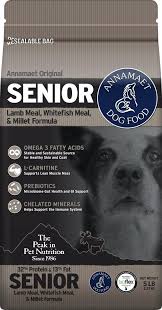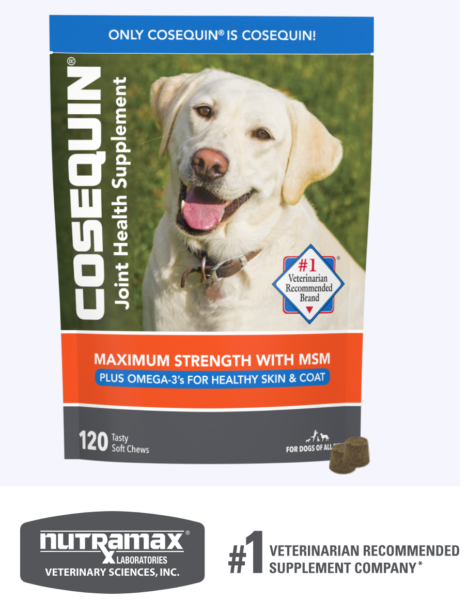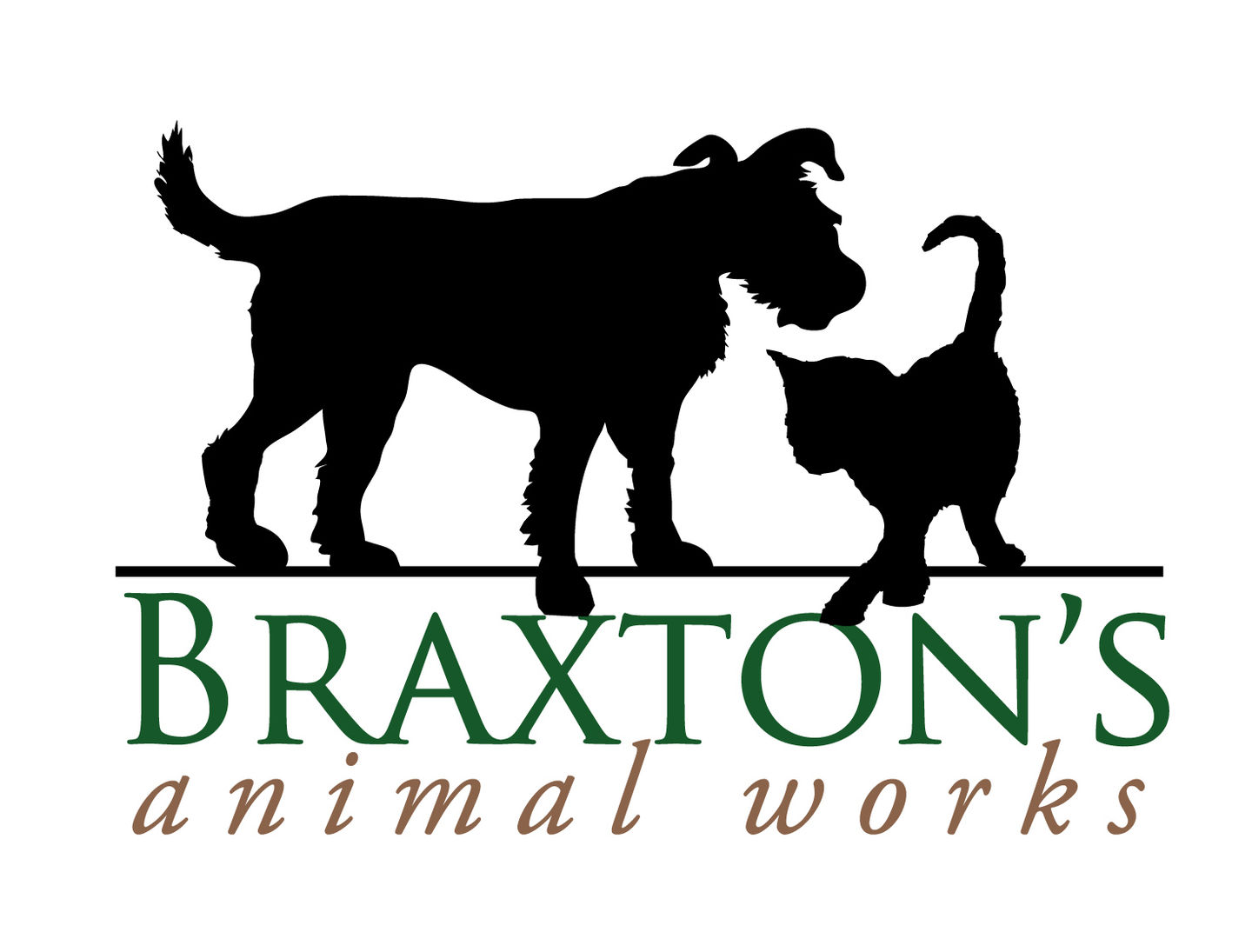As our beloved pets grow older, they require special attention and care to ensure they age gracefully and maintain a good quality of life. Just like humans, pets experience changes in their bodies and behaviors as they age. By recognizing the signs of aging and making appropriate adjustments to their care, you can help your furry friend stay happy and healthy in their golden years.
Recognizing the Signs of Aging in Pets
1. Decreased Activity Levels: One of the most noticeable signs of aging in pets is a decrease in energy and activity levels. Older pets may be less enthusiastic about playtime or walks and may spend more time resting or sleeping. While this is a normal part of aging, it’s important to monitor their activity to ensure they remain healthy and mobile.
2. Weight Changes: Aging pets may experience changes in their weight. Some may gain weight due to reduced activity, while others may lose weight due to decreased appetite or underlying health issues. Regularly monitoring your pet’s weight and adjusting their diet accordingly is crucial.
3. Joint Stiffness and Mobility Issues: Arthritis and other joint issues are common in older pets. You may notice your pet having difficulty climbing stairs, getting up from a resting position, or being less willing to jump or run. Providing supportive bedding, joint supplements, and regular, gentle exercise can help alleviate discomfort.
4. Changes in Vision and Hearing: Just like humans, pets can experience a decline in their vision and hearing as they age. They may bump into objects, be less responsive to calls, or startle easily. Keeping their environment safe and consistent can help them navigate more comfortably.
5. Dental Health Problems: Dental issues, such as gum disease, tooth decay, and bad breath, become more prevalent in older pets. Regular dental checkups and cleanings are essential to prevent pain and infections.
6. Behavioral Changes: Cognitive decline can lead to changes in your pet’s behavior. They may become disoriented, anxious, or exhibit altered sleep patterns. Providing mental stimulation through interactive toys and activities can help keep their minds sharp.
7. Changes in Coat and Skin: An aging pet’s coat may become thinner, duller, or grayer. Their skin may also become more sensitive and prone to infections or growths. Regular grooming and skin checks are important to maintain their overall health.
Helping Your Pet Age Gracefully
1. Regular Vet Checkups: Routine veterinary visits are crucial for detecting and managing age-related health issues. Your vet can recommend specific treatments, diets, and supplements to support your pet’s health.

2. Balanced Diet: Feeding your pet a balanced diet tailored to their age and health needs is essential. Consider switching to senior pet food formulas that provide the right nutrients to support their aging bodies. Senior pet formulas will be formulated to accommodate lower activity levels as well as added hip and joint support. Most vet's encourage pet owners to switch to a senior formula when there pet is around 9 years old. Annamaet Pet Food's Senior formula which contains turmeric, one of the most potent, natural anti-inflammatories. Original Senior also includes coconut oil, a rich source of medium chain triglycerides well known for optimizing elderly brain function. This is a higher protein formula to support lean body mass, as research indicates the increased need for proteins in aging dogs.

3. Joint Supplements: Supplements like glucosamine and chondroitin can support joint health and mobility. Consult your vet for the best options for your pet. One of Braxton's most popular joint support options is Cosequin.
4. Comfortable Living Environment: Make your home more comfortable for your aging pet. Provide soft bedding, easy access to food and water, and consider using ramps or steps to help them reach higher places.

5. Mental and Physical Stimulation: Keep your pet’s mind and body active with regular, gentle exercise and mental stimulation. Interactive toys, puzzle feeders, and short walks can help maintain their cognitive and physical health. At Braxton's, we carry a wide variety of puzzles and stimulation toys for your pet. A few of our favorite brands are Outward Hound, West Paw Dog Toys, and Woof Pupsicles!
6. Dental Care: Regular dental care, including brushing your pet’s teeth and providing dental treats or toys, can prevent dental diseases and improve their overall well-being.
7. Love and Attention: Lastly, continue to shower your pet with love and attention. Aging pets may need more reassurance and companionship, so spend quality time with them and offer plenty of affection.
Conclusion
Aging is a natural part of life, and with the right care, your pet can enjoy their senior years to the fullest. By recognizing the signs of aging and making thoughtful adjustments to their care routine, you can help your furry friend age gracefully and maintain a happy, healthy life. Remember, your veterinarian is a valuable resource in managing your pet’s health, so don’t hesitate to seek their advice and support.
Visit our store in Wayne, PA to explore our range of senior pet products and get personalized recommendations to support your aging pet. Together, we can ensure our beloved companions continue to thrive in their golden years.

